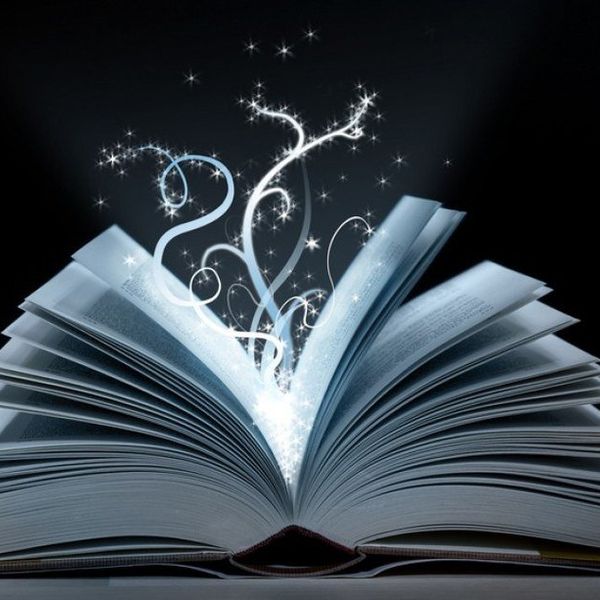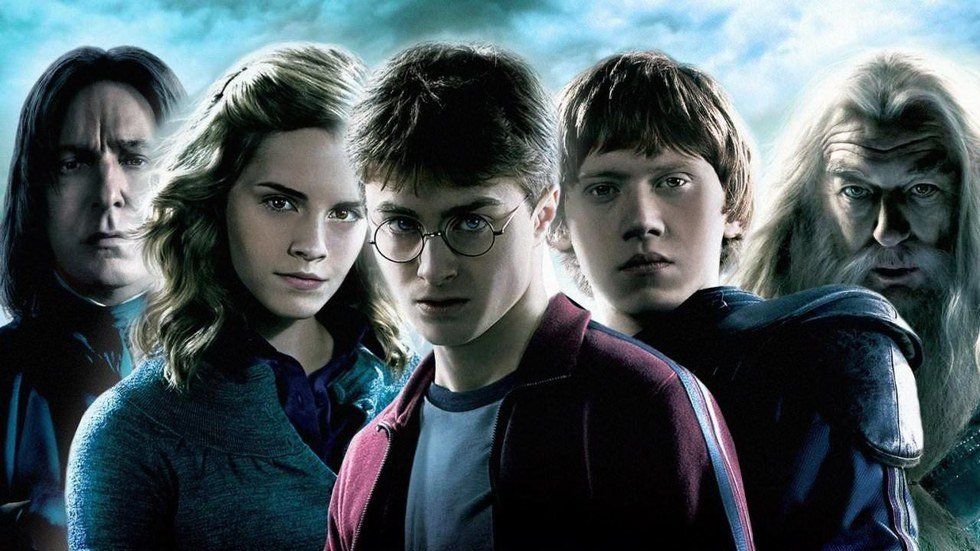Facebook’s data team crunched the numbers on the viral Facebook meme that asked users to share books that have somehow affected them, and the series about the Boy Who Lived was on a whopping 21 percent of the 130,000 lists, making it what some have called “the most influential book in the world.” Harry Potter topped such standards as Harper Lee’s “To Kill a Mockingbird,” J.R.R Tolkien’s “The Lord of the Rings” and … the Bible.
This shouldn’t come as much of a surprise — the responses likely came from readers of a generation that pretty much grew up with the Harry Potter series.
For those who may call it the end of civilization, or at least the demise of high culture, a new study published in the Journal of Applied Psychology may provide reason for pause. Researchers from several European universities found that reading Harry Potter may make young people more tolerant. In the study “The greatest magic of Harry Potter: Reducing prejudice,” psychologists led by Loris Vezzali at the University of Modena and Reggio Emilia say that reading “Harry Potter” improves attitudes toward stigmatized groups, such as immigrants, gays and refugees.
The books examine such social issues as “opposing identities, prejudice and conflict,” and the researchers wanted to see whether the books could work as a tool to improve “out-group” attitudes. Harry’s world, they write, with its “strict social hierarchies and resulting prejudices,” has clear parallels to our society. Muggles — those without magic powers — are discriminated against, as are “half-bloods” and “mud-bloods,” or those wizards who have one or no magical relatives.
“Harry has meaningful contact with characters belonging to stigmatized groups. He tries to understand them and appreciate their difficulties, some of which stem from intergroup discrimination, and fights for a world free of social inequalities.”
In the first experiment, the researchers studied attitudes toward immigrants, people often discriminated against in Italy, among a group of 34 elementary-school age Italian children. The children were first given a survey about immigrants and then divided into two groups: One read passages from “Harry Potter” that included prejudice (Harry’s nemesis Draco Malfoy calling Hermione, Harry’s friend, a “filthy little Mudblood”), and the other read neutral excerpts. Among those who read the first passage and identified with Harry Potter as a character, tolerance toward immigrants improved.
In the following studies, the researchers measured attitudes toward homosexuals in an Italian high school and toward refugees among British university students. Both showed a more positive outlook on the stigmatized group among “Harry Potter” readers. In the first two studies, which included younger participants, these attitudes were associated with identifying with Harry Potter as a character. Among the university participants, who were older than Harry, the researchers attributed the lower prejudice to dissociation with the negative character Voldemort.
The European study also partially supports the findings of Anthony Gierzynski, a political-science professor at the University of Vermont and the author of the 2013 book “Harry Potter and the Millennials: Research Methods and the Politics of the Muggle Generation.”
Interested in how entertainment consumption influences our political views and, Mr. Gierzynski told Op-Talk, in “what sort of politically relevant lessons are within the stories that we read or watch,” he devised a research study along with his students to find out the moral teachings of “Harry Potter” and the series’ influence on millennials.
“Harry Potter was one of the great cultural events of our generation’s time,” wrote his students, cited in the book. The series “helped raise the children of our generation by instilling in them some of the basic moral conceptions of right and wrong.”
The lessons that Mr. Gierzynski identified in the series included diversity and acceptance, political tolerance and equality. Through surveys of 1,141 college students in the United States, Mr. Gierzynski and his associates found “Harry Potter” fans to be more tolerant, but also “to be less authoritarian, to be more opposed to the use of violence and torture, to be less cynical, and to evince a higher level of political efficacy. They are also more liberal."




















